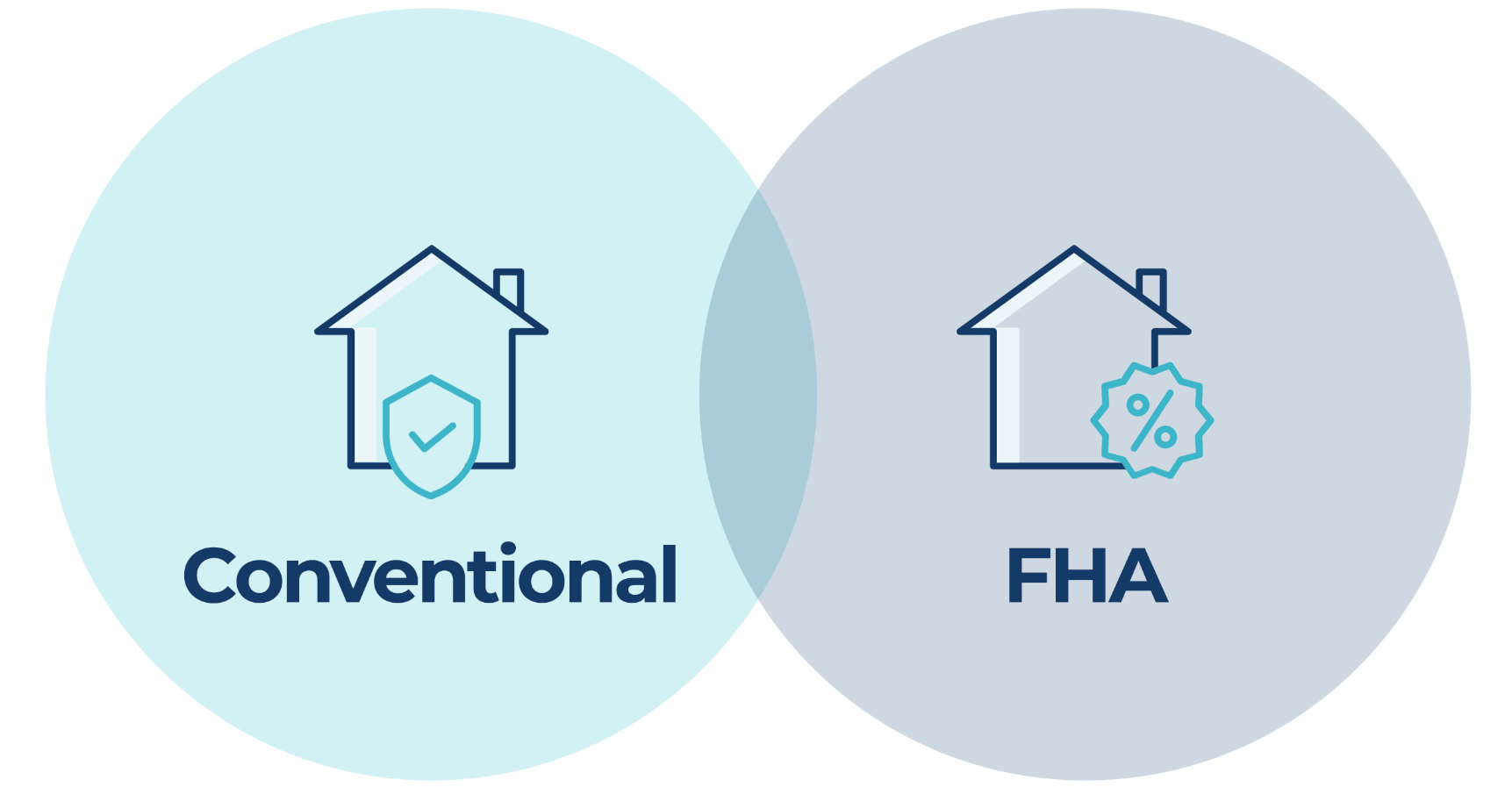Two popular choices are conventional loan vs FHA (Federal Housing Administration) loans. In this comprehensive guide, we’ll break down the key differences and advantages of each, helping you make an informed decision for your home-buying journey.
Understanding Conventional Loans
What is a Conventional Loan?
Instead, private lenders, such as banks, credit unions, or mortgage companies, offer these loans. They are often ideal for borrowers with strong credit scores and a substantial down payment.
Key Features of Conventional Loans
1. Credit Score Requirement
One of the primary distinctions of a conventional loan is the higher credit score requirement. Lenders typically prefer borrowers with a credit score of 620 or above. A better credit score can result in more favorable terms and lower interest rates.
2. Down Payment
Conventional loans usually require a larger down payment compared to FHA loans. The down payment can vary but typically ranges from 3% to 20% of the home’s purchase price.
3. Private Mortgage Insurance (PMI)
If your down payment is less than 20%, you may be required to pay for private mortgage insurance. It can add to your monthly expenses but can be canceled once you reach a specific loan-to-value ratio.
Exploring FHA Loans
What is an FHA Loan?
An FHA loan is a government-backed mortgage program designed to make homeownership more accessible. It is insured by the Federal Housing Administration and is an attractive option for first-time homebuyers and those with lower credit scores.
Key Features of FHA Loans
1. Credit Score Flexibility
You may qualify for an FHA loan with a credit score as low as 500, although a higher score will likely secure better terms.
2. Lower Down Payment
FHA loans offer a more accessible down payment option, typically as low as 3.5% of the home’s purchase price. This makes homeownership achievable for those with limited savings.
3. Mortgage Insurance Premium (MIP)
FHA loans require borrowers to pay an upfront mortgage insurance premium and an annual MIP. While this adds to the overall cost of the loan, it makes it possible for individuals with less-than-perfect credit to secure a mortgage.
Making Your Decision conventional loan vs FHA
Now that we’ve explored the fundamental differences between conventional and FHA loans, it’s time to consider which option aligns with your financial situation and homeownership goals. Here are some factors to contemplate:
1. Credit Score
A conventional loan offers better interest rates and lower overall costs if you have an excellent credit score.
2. Down Payment
Consider your available funds for a down payment. An FHA loan’s lower down payment requirement could be advantageous if you have a limited budget.
3. Long-term vs. Short-term
Think about your long-term homeownership plans. A conventional loan may be more appealing if you intend to stay in your home for a while, as PMI can eventually be eliminated. Read more…
Conclusion
In the conventional loan vs FHA debate, there’s no one-size-fits-all answer. Your decision should be based on your unique financial situation and homeownership goals. Be sure to consult with a mortgage professional who can provide personalized guidance tailored to your needs.
FAQs (Frequently Asked Questions)
1. Can I qualify for an FHA loan with a low credit score?
Yes, FHA loans are known for their lenient credit score requirements, making them accessible to borrowers with lower scores.
2. Are FHA loans only for first-time homebuyers?
No, while FHA loans are popular among first-time buyers, they are available to anyone who meets the eligibility criteria.
3. What is the minimum down payment for a conventional loan?
Conventional loans typically require a minimum down payment of 3% to 20%, depending on the lender’s requirements.
4. How can I eliminate PMI on a conventional loan?
PMI can be removed from a conventional loan once your loan-to-value ratio reaches 80% or less through principal payments or increased home value.
5. Are there other government-backed mortgage programs besides FHA?
There are other options like VA loans for eligible veterans and USDA loans for rural homebuyers. Each program has its own set of requirements and benefits.










